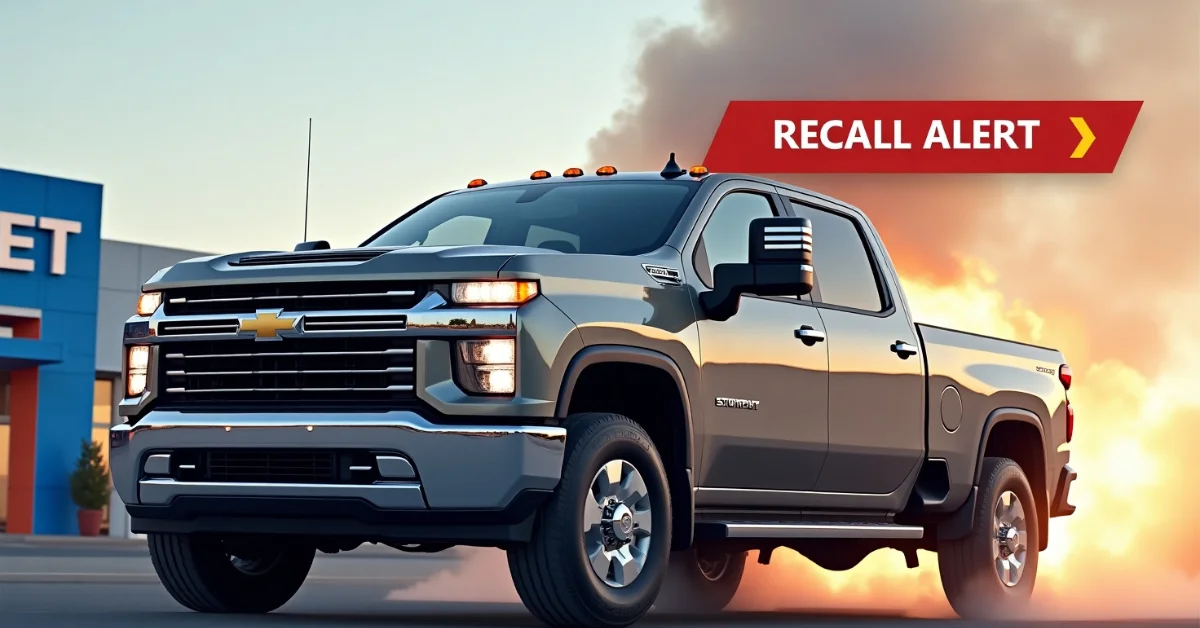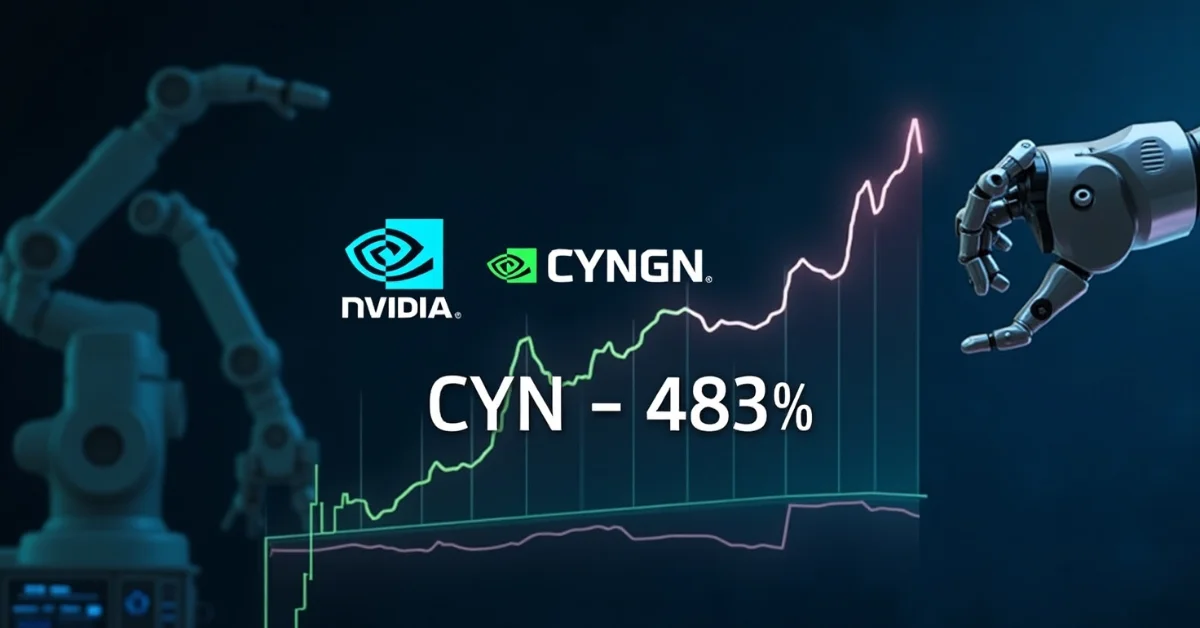General Motors has announced a major recall of more than 62,000 Chevrolet Silverado medium-duty trucks in the United States due to a significant fire risk linked to a brake system defect. The recall affects specific models 4500HD, 5500HD, and 6500HD that were produced between the years 2019 and 2024.
GM claims that a defective brake pressure switch assembly is the cause of the problem. Brake fluid may leak into the switch and cause an electrical short circuit. This malfunction can lead to excessive heat and potentially ignite a fire in the engine compartment even when the vehicle is parked and turned off. GM has identified the root cause as a supplier’s use of an unauthorized chemical that weakened a rubber component inside the brake system over time.
The automaker estimates that about one percent of the recalled vehicles may be affected by the defect. So far, the company has received 160 field reports and is aware of one fire that may be related to the issue, though no injuries or crashes have been reported.
In light of the potential danger, GM is advising all affected vehicle owners to park their trucks outdoors and away from buildings or other vehicles until the recall repair is completed. The company plans to begin notifying owners by mail starting July 28, 2025. Once replacement parts are available, GM dealerships will offer repairs at no cost, which involve replacing the wire harness that connects to the brake pressure switch.
This announcement follows another significant recall issued earlier this year by GM, involving nearly 600,000 full-size trucks and SUVs equipped with 6.2-liter V8 engines. The vehicles impacted by the recall include various models such as the Chevrolet Silverado 1500, Tahoe, Suburban, GMC Sierra, Yukon, and the Cadillac Escalade. That issue was related to possible engine failure caused by a faulty connecting rod or crankshaft, which also increased the risk of a crash or fire.
Although GM has not reported any injuries related to the Silverado brake defect, the recall highlights the critical need for timely vehicle inspections and repairs. Owners are urged to visit GM’s official recall site or the National Highway Traffic Safety Administration (NHTSA) website to check their vehicle’s status using the VIN and to schedule a service appointment as soon as possible.
This latest action reflects GM’s broader effort to address safety concerns swiftly and transparently, as part of its ongoing responsibility to protect customers and uphold public trust.



